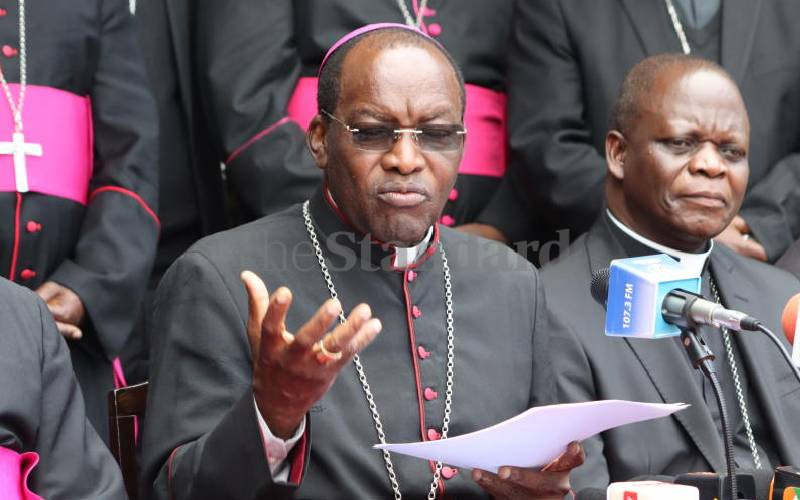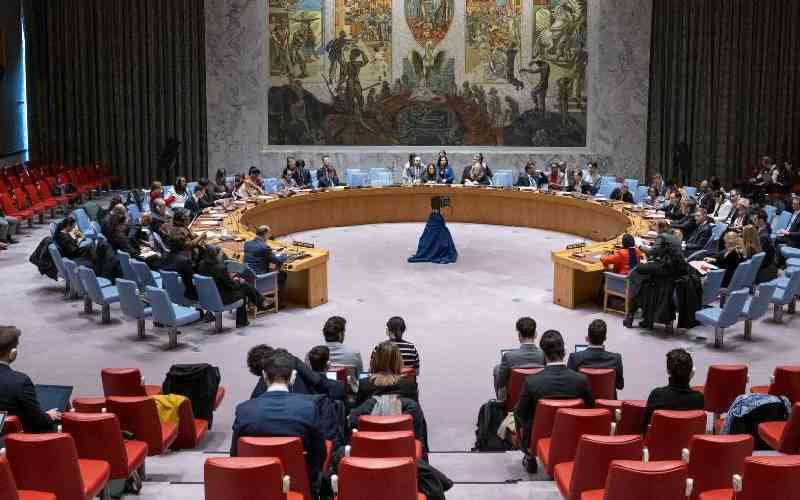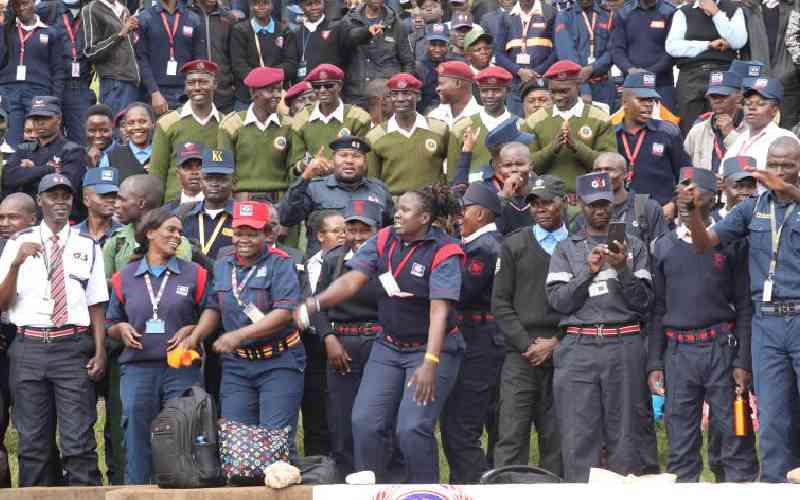From the Beyonces to the Rihannas and the socialites of this world, children are looking up to personalities that add no value to their lives. Who is a right role model to ape? GARDY CHACHA explores
All humans desire to achieve greatness. It is part of human instinct to admire successes or achievements by other humans. What happens with high-achieving personalities who have a negative tag on them?
“Young people like to look up to individuals who can inspire them. These people have a set of values that aspiring individuals believe in, or feel strongly drawn to,” says Derek Bbanga, a public image and communications consultant. “Role models have commitment to a certain affinity of excellence. In some instances, they have achieved greatly; emerging successful even in hardest of situations.”
Derek says being a role model is a fit achieved through personal branding. According to him, a person cannot declare themselves as a role model but can become one even without focusing on achieving the title.
“People in public limelight are young people’s role models. They have to keep their image squeaky clean since they are followed around by cameras and are under constant scrutiny. It would be nice if they maintain the propensity that keeps them oozing the charisma admired by those who revere them,” explains the consultant.
Worth emulating
In the recent past, personalities held in high regard seem to have crashed out of the sweet highness of the sky. Tiger Woods, the charming golfer who made most successful tees fell to the appeals of a blonde. Lance Armstrong inspired many by winning Tour de France seven times only for it to emerge that he was using performance enhancing drugs. Anderson Cooper, a celebrated CNN journalist and Jason Collins, one of the most talented basketball players in the world, all came out of the closet to let the world know their true orientations as homosexuals.
Here in Kenya, a Big Brother Africa first runner up, Prezzo, was photographed engaging in a generous hanky-panky with three women in a Jacuzzi. Musician Karen Lucas (Kaz) and Kenya’s songstress Amani have been captured in not very decent photographs. Esther Arunga, a former newscaster caused a pandemonium of disappointment when she became part of a ‘cult’, dropping her thriving career for a marriage no one approved of.
With a few avoidable mistakes, reputations built through sheer hard work over years crumpled like discarded paper. But who is the right role model that children should ape?
Prof Philomena Ndambuki, a specialist of child and educational psychology at Kenyatta University says that parents are the first adults young people and children learn from.
They define the parameters of right, wrong, good and bad. Whoever these younglings look up to as role models is connected to the values they are taught by their parents.
“Parents are either authoritarian, democratic or laissez faire. An authoritarian parent commands a child without explaining the underlying matters while laissez faire parents raise spoilt brats. The democratic (also referred to as authoritative) is always at hand to describe realities to the child, thus empowering them to know what behaviour is worth emulating and who to steer clear of,” the professor states.
Ndambuki further expounds that most personalities, in the context of Kenya’s moral-value system, can’t be termed as role models. She states that personalities — however revered — with scandals of homosexuality, immorality, lies, drug addiction and peddling (or whichever other wrongs) cannot and ought not to be considered as role models.
Until they act to turn the tide of negative perception, argues Ndambuki, they can’t walk around as knitted personalities. She adds that when young people look upon individuals who haven’t maintained what the society considers as moral values, they lose “proper trajectories that should take them beyond accomplishments of ordinary persons. They lose the right tangent in life.”
For Catherine Wairimu, a mother of one and a devout Christian, it is imperative if spectators of those playing in the public stage understand the nature of humanity. While she doesn’t support the idea of a philanderer as her son’s role model, she pardons those personalities with sullied names for they — like any other human beings — are not immune to errs of life. She, however, acknowledges that a reformed person who has strived to make things right from the wrongs they initially committed, could still be a role model for overcoming temptations back onto what God considers to be right.
Stay informed. Subscribe to our newsletter
Boldness
But in the first place, just how does it feel to be a role model to young people? “It is nice that somebody would love to be like you for the good things you have done and the accomplishments you have made in whichever capacity,” says Edith Kimani KTN’s youthful news anchor.
“But it should be understood that we are as much human. Deep inside, even role models behave, act, respond and react to life in much similar ways and do make mistakes.”
According to Edith, in every person considered a role model, there is dignified apt towards goodness that makes them unique from everybody else. This, however, is not to say they don’t make mistakes. At times it is the way they handle such difficult situations that mollifies the inner loins of a person keen of taking cognizance.
Edith says even though great individuals are celebrated for their best, they are not indemnified from shame, guilt, failure, and other ripples that rock every person’s life.
Derek, on the other hand, opines that depending on culture of a particular place and the type of mishap committed, a person could still be considered a role model.
He says: “Take for example Jason Collins an American professional basketballer; he is gay but despite that, he has not harmed anybody. At the same time, in his country, boldness and deep honesty is worshiped. After all, one of the tenets USA lives by is pursuit of happiness and that’s all he did. He is still considered worthy of high regards.”
In a conservative society like Kenya though, Derek admits that even coming out of the closet as a homosexual wouldn’t be fancied, but would rather create a reservoir of comical gossip. He believes that personalities who have fallen from grace to grass can only regain their stature when they show remorse and rectify their mistakes consistently going forward.
Even so, through their mistakes they’ll have angered those who consider them worth emulating. What that leads to, says Derek, is deep disappointment, which takes time and a lot of care to rectify.
 The Standard Group Plc is a
multi-media organization with investments in media platforms spanning newspaper
print operations, television, radio broadcasting, digital and online services. The
Standard Group is recognized as a leading multi-media house in Kenya with a key
influence in matters of national and international interest.
The Standard Group Plc is a
multi-media organization with investments in media platforms spanning newspaper
print operations, television, radio broadcasting, digital and online services. The
Standard Group is recognized as a leading multi-media house in Kenya with a key
influence in matters of national and international interest.
 The Standard Group Plc is a
multi-media organization with investments in media platforms spanning newspaper
print operations, television, radio broadcasting, digital and online services. The
Standard Group is recognized as a leading multi-media house in Kenya with a key
influence in matters of national and international interest.
The Standard Group Plc is a
multi-media organization with investments in media platforms spanning newspaper
print operations, television, radio broadcasting, digital and online services. The
Standard Group is recognized as a leading multi-media house in Kenya with a key
influence in matters of national and international interest.








